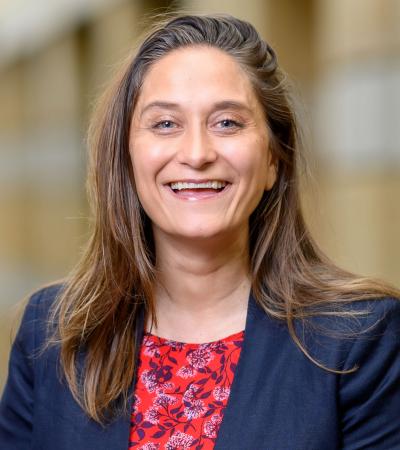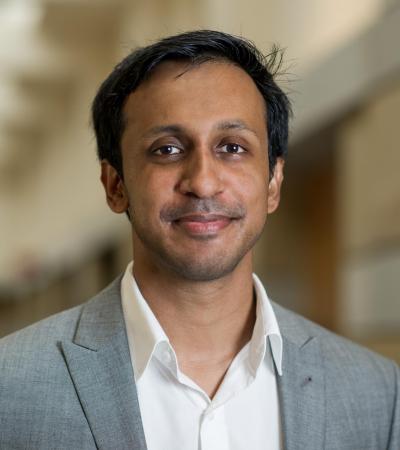Remitting Belief to the Global South: An Interdisciplinary Study of Migration through Fieldwork and Big Data
Grants to Support Faculty Fellows' Research
In their new project “Remitting Belief to the Global South,” Faculty Fellows Jaimie Bleck (political science) and A. Nilesh Fernando (economics) are bringing together fieldwork and “big data” methodologies to explore how international migration influences norms and values among migrants and their communities of origin. Their focus is migration from Mali (where Jaimie has previously worked) and Sri Lanka (where Nilesh has) to Europe and the Gulf States.
They intend to study differences in values relating to religion, social status, and gender among three groups: migrants currently living abroad, returned migrants, and young people who have not left their home communities. In addition, studying the array of social networks among migrants currently living abroad and among their families at home can help in understanding how information flows in relation to migration patterns, ultimately influencing these norms and values.
This research is important to develop a better understanding of this additional outcome from international migration – the impact of international migration on such beliefs and norms – as well as of motivations for migration and information deficits that may endanger prospective migrants.
Initial research
In the first stage of the project, they are using focus groups and interviews with Malian youth – both in Mali and among Malian migrants living in Spain – to understand differences in values and perceptions of social status, as well as how information exchange differs. The data being gathered related to Malian migration will help in understanding motivations to migrate, communication between migrants and families at home, and differences in beliefs among migrants and non-migrants.
At the same time, Ford Program research associate Ali Lodermeier ’18 has been analyzing data from Sri Lanka that reveals interesting patterns about how migrant recruitment operates and the systemic nature of abuse in migrant work places.
A unique administrative dataset from the Sri Lankan Bureau of Foreign Employment (SLBFE) allows Ford researchers to track more than 2.5 million individual episodes of labor migration from Sri Lanka and includes information on recruitment sites, job types, destination countries, and cases of migrant abuse. The project will examine how differences in the origin and destination of these migrant workers relate to changing religious, political, and gender-based beliefs across different regions of Sri Lanka.
Future aims
Next steps will involve continuing to collect data from focus groups and interviews with Malian migrants and Malian youth while supplementing data on Sri Lankan labor migrants with corresponding data on religious communities, female labor force participation, and political beliefs. External funding for the project will also be sought.
Through this research, Nilesh and Jaimie hope to document how international migration from both Sri Lanka and Mali influences the norms and values in these countries. In addition, they expect this project will lead to additional research avenues that target the problem of migrant abuses in the Gulf states and identify policies that can be used to stop these abuses and preserve the dignity of domestic workers.







